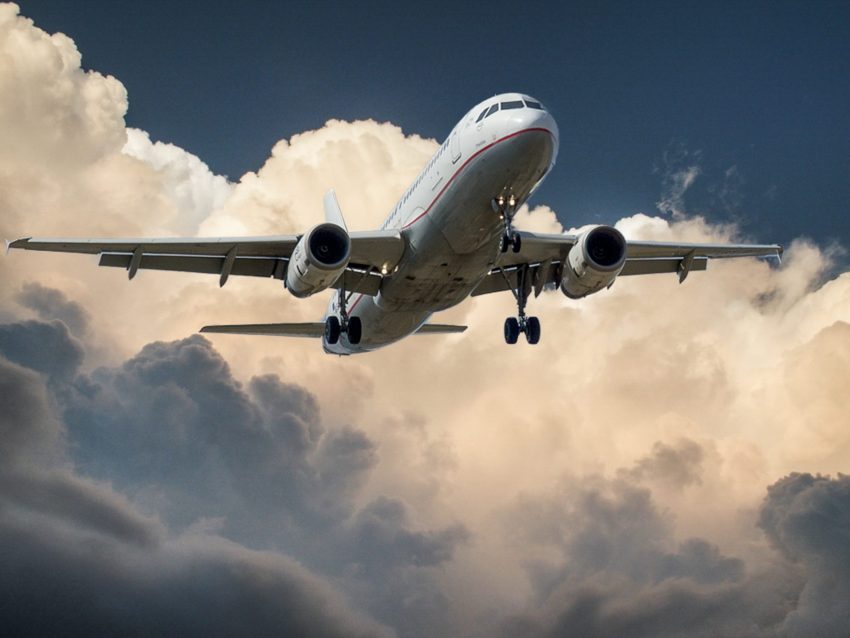Aviation noise has been a major global issue for decades and remains one of the leading factors of urban planning around airports worldwide. The nature of this aviation noise around an airport varies over time, primarily due to aviation growth rates and the introduction of quieter aircraft. On the short term, these effects can be calculated with a high degree of accuracy as growth rates and noise profiles of existing aircraft are known. But as urban planning initiatives are meant to last for decades to come, how do we determine noise beyond this foreseeable horizon?
Noise modelling tools require detailed input parameters to determine accurate results. Therefore, most tools incorporate an aircraft noise model database, which includes noise certification data for both historical and existing aircraft. These tools are therefore suited for the noise calculations of current and short-term future operations in which the fleet will consist of only aircraft models of existing types of aircraft.
In some cases, however, noise predictions are required beyond this foreseeable horizon. In one recent project at To70, an estimate of aviation noise had to be made with a horizon of over 50 years from now. For those cases the aircraft contained in the database are not fit for the job. Historical trends show that by that time frame, even the most technologically advanced aircraft operating today will have been retired and replaced by newer generations to come. Performing noise calculations based on the aircraft available in existing noise databases, will generate noise contours that are inaccurate. But how do you determine the noise performance of future aircraft?
Taking into account the technological development of future aircraft
When the horizon of the future scenario under investigation is within the time span of an aircraft generation, let’s say 25 years, one could estimate for each aircraft type in the fleet the year in which this aircraft type will be replaced by a new generation of the same aircraft type (just like the A320 has been replaced by the A320neo and the B737 by the B737 NG in the past), based on the average entry into service year and retirement age. This replacement should then be processed in the fleet development. Given the relative short horizon, the noise performance of those new generation aircraft has already been estimated by the manufacturer or can be determined based on noise performance projections from established organizations like ICAO and NASA. This way noise calculations can be performed with these new aircraft types and related noise performance, giving a more realistic picture of the future noise situation.
With more distant horizons of future scenarios, where the new generation aircraft will have been replaced by a 2nd or even 3rd generation aircraft type, the uncertainties in estimates will increase to such an extent that it doesn´t make sense anymore to stick to the detail of each aircraft type. With what certainty can one predict which aircraft will replace the aircraft that have replaced currently flying aircraft? For these scenarios we suggest taking into account a reduced amount of aircraft types, for example only one for each aircraft category (Regional Jet, Small and Medium Range, Long Range Twin engine and Long Range) and base their noise performance on a trend analysis of historical developments of noise performance and available noise performance projections into the future.
From day one of To70´s existence, noise has been one of our main areas of expertise: performing noise calculations, developing and comparing methodologies, developing noise policy, preparing communication and stakeholder management. Whether you are with a government body, airport, airline or action group, To70 is pleased to help with noise analyses most fitting for your situation.
About To70. To70 is one of the world’s leading aviation consultancies, founded in the Netherlands with offices in Europe, Australia, Asia, and Latin America. To70 believes that society’s growing demand for transport and mobility can be met in a safe, efficient, environmentally friendly and economically viable manner. To achieve this, policy and business decisions have to be based on objective information. With our diverse team of specialists and generalists to70 provides pragmatic solutions and expert advice, based on high-quality data-driven analyses. For more information, please refer to www.to70.com.

